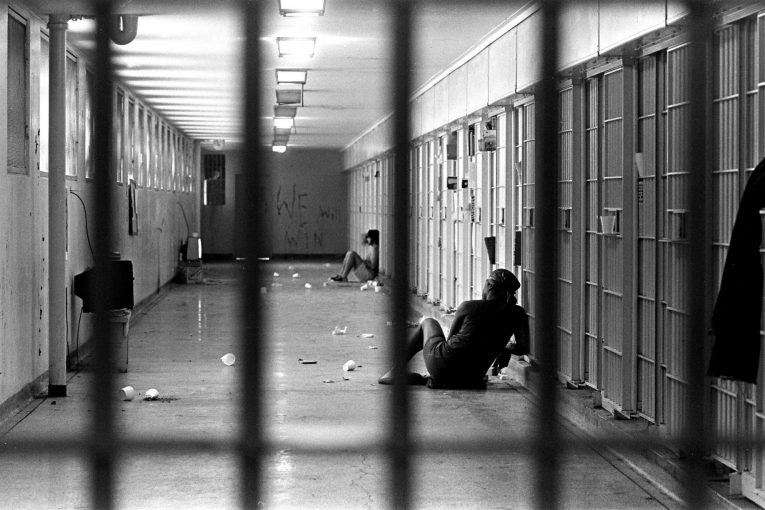

By Mark Daigre
AS LITTLE AS 10 years ago, I firmly believed that in order for me to gain any kind of self-forgiveness, I had to be forgiven. I had harmed so many people and created so much suffering in the world, I knew I could never forgive myself. After all, if someone had done to me or someone that I love the things I had done, I wasn’t so sure I could forgive them. For that matter, I hadn’t really forgiven the people in my life who had done me harm. I could say I’d forgiven, but deep down where it really mattered, I was cold and unfeeling. I had no forgiveness for anyone, least of all myself.
Then I received word my sister was dying from cancer. I was, in a way, blessed to receive the news of her impending death. I was able to write her before she died and write a eulogy for her memorial. She was two years older and we did everything together. We fought and cried and made up so many times. I was shaken to my core with the news that she would no longer be in my life. I had to let go of all the resentment, pain, rage, betrayal, abandonment, and everything else I’d been holding her responsible for. I had to forgive without condition. The alternative was to hold all that stuff and be even more angry at her for abandoning me all over again. This time by dying.
In writing that letter to her, I found that a lot of the things I held her responsible for were all in my head. She didn’t take my first drink; I did. She wasn’t the person who decided that I would go into the grocery store to steal cigarettes; I was. Forgiveness is about no longer letting the past handcuff us to old, destructive behaviors, ideas, and attitudes that not only hold us back and get us in trouble, but also keep us from enjoying life and recognizing the love and joy around us.
Forgiveness is no longer obsessing about who did what to me, when, and how angry I still am about it. It’s about allowing ourselves and others to make mistakes in action, judgment, thought, and word. It’s about giving someone the benefit of the doubt, that no matter what, they were only doing the best they could, in the circumstances they were in at the time, even if they deliberately caused harm.
While I have not forgotten the most damaging things done to me, I have, for the most part, given up making them pay for what they did. This is not to say that I am blissful or perfect, I’m not. I still sometimes hold resentment toward those that have done me harm — both great and small. But it is no longer the driving force in my day-to-day life.
In 12-Step programs, we say that resentment is like “drinking poison and expecting someone else to get sick.” That fully encapsulates just what happens to us when we withhold forgiveness. We make ourselves sick, and the person we are upset or angry with has no idea we are so twisted up.
I discovered through my work in forgiving my sister that I began to find forgiving others easier. Giving forgiveness made it easier to give forgiveness. It didn’t happen overnight. I had to work at it; I had to recognize when I was having those feelings of anger and shame and take steps to transform them into something, if not love then at least into gentle acceptance.
The way I experience things has changed. I can give those around me the benefit of the doubt. That is so liberating. I can move through the world without feeling responsible for everything that happens. I can allow stuff to happen and know that it doesn’t have to be about me.
Originally published in the Mule Creek Post
